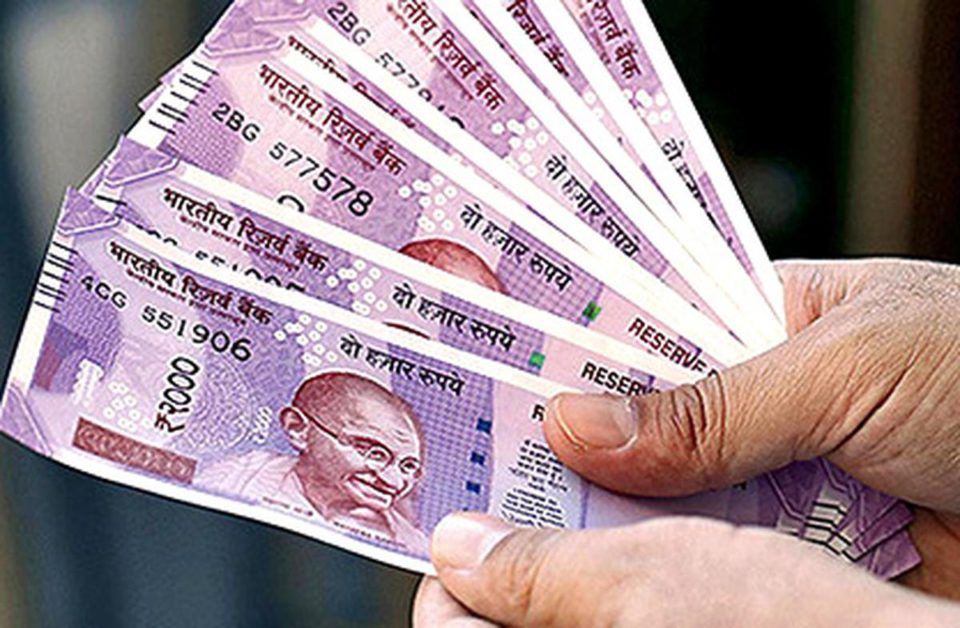Banks are refusing to share key documents for rupee trade transactions, rendering trade in the domestic currency “ineffective”, Indian exporters have told the parliament’s standing committee on commerce, a person aware of the development said.
The Reserve Bank of India (RBI) last year allowed invoicing and payments for international trade in rupees to bringing down India’s massive oil import bill by purchasing Russian oil in the domestic currency.
“Streamlining of the INR trade mechanism is of utmost importance. There should be a bank-to-bank agreement. Sensitization of the banking industry regarding this scheme is also very important,” the person cited above stated.
“The lack of understanding and awareness among banks is causing difficulty for exporters as banks often refuse to provide Bank Realization Certificate (BRC) when the payment is received in INR.
BRC is a document needed by the RBI and the Directorate General of Foreign Trade (DGFT) to track foreign exchange transactions related to the export of goods and services from India.
BRC helps confirm an export transaction has taken place and it provides proof that the exporter has received payment in foreign currency for the goods or services exported.
Most importantly, the BRC is needed by exporters to claim these benefits, including duty drawback, export incentives, and tax exemptions, trade experts said. Exporters say that most banks are not clear about the standard operating procedures (SOP) which has dragged down the initiative.
Besides, banks are apprehensive and reluctant to push the rupee payment mechanism due to its perceived uncertainty and risks.
“In this situation rather than expediting exports, the scheme has remained ineffective. Streamlining of this mechanism is important for trade with sanctioned nations and nations with low dollar reserves,” the person added. Trade experts said BRC ensures that foreign exchange earnings from exports are properly accounted for and repatriated to India, in accordance with foreign exchange management rules.
The use of the Indian rupee in cross-border trade is expected to mitigate currency risk for Indian businesses. Protection from currency volatility not only reduces the cost of doing business but also enables better business growth, improving the chances for Indian businesses to grow globally. “The INR accounted for 1.6%. If the INR turnover rises to equal the share of non-US, non-euro currencies in global forex turnover of 4%, INR could be regarded as an international currency, reflecting India’s position in the global economy,” the survey stated.







